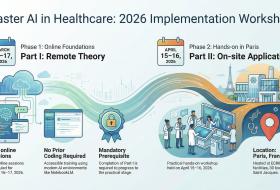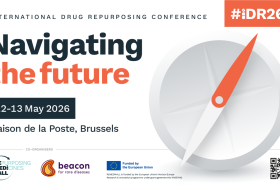STOA workshop: Creation of a public European medicines infrastructure: Purpose and feasibility

While great progress has been made in recent years in the development of public health within the European Union (EU), the Covid-19 pandemic brought to light existing vulnerabilities in the European health response mechanism, from Member State incoordination to difficulties in manufacturing and accessing medicines, to EU research fragmentation and differences between corporate R&D choices and public health priorities.
On 2 June 2020, the European Commission published its roadmap for a pharmaceutical strategy for Europe, fostering access to affordable high-quality, effective and safe medicines and supporting innovation in the EU pharmaceutical industry. With its resolution of 17 September 2020 on shortages of medicines, the European Parliament called on the Commission and Member States to 'examine the possibility of creating one or more European non-profit pharmaceutical undertakings which operate in the public interest to manufacture medicinal products'. The December 2021 Council conclusions suggested examining Parliament's resolution to ensure the supply of medicinal products affected by market failures.
With these objectives in mind, a recent STOA study investigated the feasibility of creating a large-scale European public infrastructure aimed at addressing vulnerabilities linked to the research, development, production and distribution of medicines. This workshop will bring together experts from biomedical research, representatives of the pharmaceutical industry, and EU and international public health experts to discuss the state-of-play of the EU's current pharmaceutical strategy and explore policy options for strengthening EU preparedness and response, including the feasibility of creating an advanced EU pharmaceutical infrastructure for the research and development of novel medicines and treatments.






